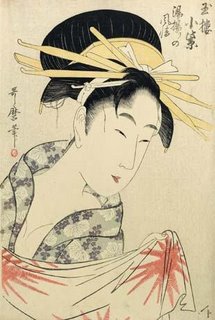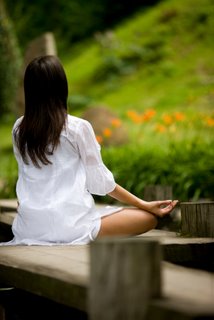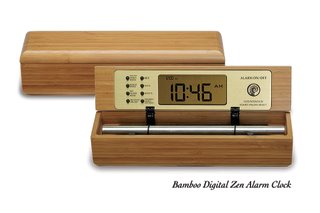
Kitagawa Utamaro, Komuraski of the Tamaya, House After a Bath, 1795
On June 22, I was invited to participate on National Public Radio’s The Diane Rehm Show along with Dr. Richard Davidson, NCCAM grantee at the University of Wisconsin-Madison, and Mr. Jonathon Foust, founder of the Mindfulness Training Institute in Washington, D.C. The topic was “The Power of Meditation.”
Meditation can take a variety of forms: mantra meditation, relaxation response, mindfulness meditation, Transcendental Meditation, and Zen Buddhist meditation, among others. Yoga and Tai chi also incorporate meditative components. Meditation practices are often rooted in spiritual practices, but many people practice meditation outside of a religious context. The 2007 National Health Interview Survey revealed that some 20 million U.S. adults use meditation for health purposes.
Meditation has been used for centuries to increase calmness and physical relaxation, improve psychological balance, cope with illness, and enhance overall health and well-being. The literature on meditation suggests that it is a very powerful tool for learning control of attention, regulating emotion, and increasing self-awareness or cultivation of the state called mindfulness. These insights are old. But what is new in the last 15 years or so is scientific data. These data show that during meditation there are a number of measurable biological changes—for example, in the autonomic nervous system—and the recognition that meditation has the potential to impact on mental and physical health. This is an area of scientific promise in mind-body medicine that NCCAM is supporting and welcoming continued exploration by our grantees.
There are many interesting challenges related to bringing science to the study of meditation. Modern neuroscience has increased the tools available for this research. It is now well established that the meditative state can be associated with changes in electrical function of the brain, and recent imaging studies suggest that there may actually be neuroanatomic changes as well. In particular, Dr. Davidson’s work on the effect of meditation on processing of attention and neuroplasticity is fascinating, as is hisexamination of meditation on immune and brain function. Challenges to this area of research include understanding how to set up adequate control and understanding the factors that determine how people actually incorporate the practice of meditation into their daily lives. These are study design challenges that need to be met so we may further explore the potential health benefits of this intriguing ancient human practice.

The beauty and functionality of the Zen Clock/Timer makes it a meditation tool that can actually help you "make time" for meditation in your life.
adapted from National Center for Complementary and Alternative Medicine by Dr. Josephine P. Briggs
Meditation is generally an inwardly oriented, personal practice, which individuals do by themselves. Meditation may involve invoking or cultivating a feeling or internal state, such as compassion, or attending to a specific focal point. The term can refer to the state itself, as well as to practices or techniques employed to cultivate the state. There are dozens of specific styles of meditation practice; the word meditation may carry different meanings in different contexts. Meditation has been practiced since antiquity as a component of numerous religious traditions. A 2007 study by the U.S. government found that nearly 9.4% of U.S. adults (over 20 million) had practiced meditation within the past 12 months, up from 7.6% (more than 15 million people) in 2002.

It's exquisite sounds summon your consciousness out of your meditative state with a series of subtle gongs.
Although meditation can be done in almost any context, practitioners usually employ a quiet, tranquil space, a meditation cushion or bench, and some kind of timing device to time the meditation session. Ideally, the more these accoutrements can be integrated the better. Thus, it is conducive to a satisfying meditation practice to have a timer or clock that is tranquil and beautiful. Using a kitchen timer or beeper watch is less than ideal. And it was with these considerations in mind that we designed our digital Zen Alarm Clock and practice timer. This unique “Zen Clock” features a long-resonating acoustic chime that brings the meditation session to a gradual close, preserving the environment of stillness while also acting as an effective time signal. The Digital Zen Clock can be programmed to chime at the end of the meditation session or periodically throughout the session as a kind of sonic yantra. The beauty and functionality of the Zen Clock/Timer makes it a meditation tool that can actually help you “make time” for meditation in your life.

Our Yoga Timer & Clock can be programmed to chime at the end of the meditation or yoga session or periodically throughout the session as a kind of sonic yantra. The beauty and functionality of the Zen Clock/Timer makes it a meditation tool that can actually help you "make time" for meditation in your life. Bring yourself back to balance.
Now & Zen – The Meditation Timer Shop
1638 Pearl Street
Boulder, CO 80302
(800) 779-6383
Orders@now-zen.com
Posted in Bamboo Chime Clocks, Meditation Timers, Meditation Tools, mindfulness practice